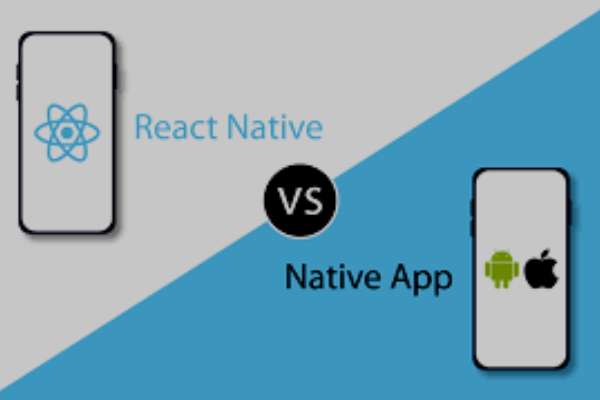Murtza Abbas
Murtza Abbas, Innovative Marketing Professional and Technology Whiz who closely follows the latest mobile application development technologies.
Mobile applications are becoming popular among users because of the convenience they provide. 143.6 billion apps were downloaded in 2021, with 55...

Mobile applications are becoming popular among users because of the convenience they provide. 143.6 billion apps were downloaded in 2021, with 55 billion games and 88 billion apps. The mobile app industry is expecting to generate $156 billion, which is a massive amount (Source). Mobile apps are giving massive exposure to businesses since they can reach a wider audience without any restrictions. iOS and Android app development are the two most prominent platforms where mobile app development companies deliver products for entrepreneurs. Although mobile app development is a very wide domain containing a number of programming languages and frameworks, we will talk about Native apps and React Native development.
Let us understand what React Native and Native app development are before moving to the pros & cons and ultimately the final conclusion of what to choose. The article contains info about React Native & Native app development. Later it discusses the pros & cons to make final conclusion of what to choose.
React Native is a framework built by Facebook. Businesses can develop an app for both iOS and Android platforms by using a single code base. React Native mobile app development companies integrate the framework with Javascript for user interface and programming languages like Kotlin and Java for the internal working of the app. The app built with React Native feels like Native but is delivered with cross-platform functionality, so it works on all the platforms without building separately.
The native app focuses on building an app for a single platform. Unlike cross-platform apps built for two platforms with single code lines, Native app development focuses either on iOS or Android app development. Mobile app developers use Java or Kotlin for Android and Swift or Objective C for iOS app development. Since native apps are built for a single platform, Native apps deliver a robust user experience. Now that you have understood the general overview of React Native and Cross-Platform app development. Let us check out the pros and cons you get with React Native app development.
React Native is built and promoted by Facebook, proving its authority and support from a brand. Check out the pros and cons:
React Native is a very popular framework used by a massive number of mobile app developers. Worldwide, 38% of the developers used React Native for cross-platform app development (Statista). Read Also: Steps to Build a Minimum Viable Product: 2022 Guide
Cons of React Native app development
We have seen the pros and cons of React Native app development, now let us take a look at the pros and cons of native app development.
Like, React Native app development, Native app development also has pros and cons for mobile app development.
There is no doubt that Native app development and cross-platform development with React Native have their own pros and cons. But, if we look at the pros and cons deeply, React Native app development is a cost-efficient solution designed for building less demanding and light apps. Whereas if you are targeting a heavy app or game that requires the best optimization, it is advisable to use Native app development.
What is Single Page Application and Pros, Cons, and Examples
Hire Android App Developers to Develop An App Like Moneylion